Market Share
Rigid Plastic Packaging Market Share Analysis
Companies in the Rigid Plastic Packaging Market use diverse market share positioning strategies to remain competitive and thrive. One of these is differentiation, where they concentrate on established packaging solutions that make them stand out. This strategy often requires investment in research and development to come up with cutting-edge designs, materials or features that respond to specific consumer needs or industry trends. By providing unique products, businesses can attract a niche market segment and foster loyalty towards their brands, thereby attaining a portion of the market.
Another frequently used strategy is cost leadership which aims at becoming the low-cost producer in the rigid plastic packaging industry. This involves enhancing operational efficiency, making production processes leaner and obtaining favourable terms from suppliers. Once costs are lowered down then companies are able to price their customers competitively hence attracting budget-minded consumers thus leading it to gain more market through affordability. However quality maintenance is vital in this approach so as not to devalue the perceived value of the packaging.
Market segmentation is also an important strategy in Rigid Plastic Packaging Market. Market segments are created by firms based on geography, industry or consumer demographics among others. By tailoring packaging solutions for each segment’s particular requirements and preferences effectively satisfying diverse markets’ demands becomes achievable. This focused approach leads to greater customer satisfaction resulting in increased market share within each identified segment.
In order for any company to succeed at capturing its share of the Rigid Plastic Packaging Market, adaptability and responsiveness must be key elements of its market positioning efforts. To this end it has been found that those organizations that have managed to align their strategies with altering consumer tastes, regulation changes as well as environmental issues had been able to win significant proportions of their various markets. In light of growing eco-friendliness concerns among users today’s industrial players have invested heavily into sustainable material utilization and process alignment toward meeting green demand perception.
Growth in packaging industry will resultantly increase the demand for rigid plastic packaging industry . growth of the global market will be determined by the Asia pacific packaging industry. Market demand has increased by 20% this year. This is mainly as a result of high demand for consumer goods in this region. In Asia pacific, rigid plastic packaging is vital in pharmaceuticals, food processing and other industries. The covid analysis changes the Rigid Plastic Packaging market Outlook.


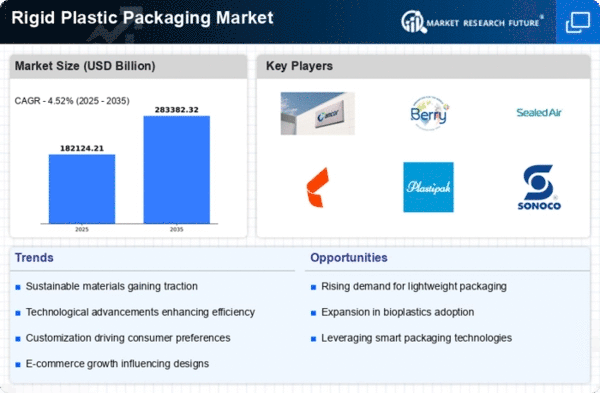
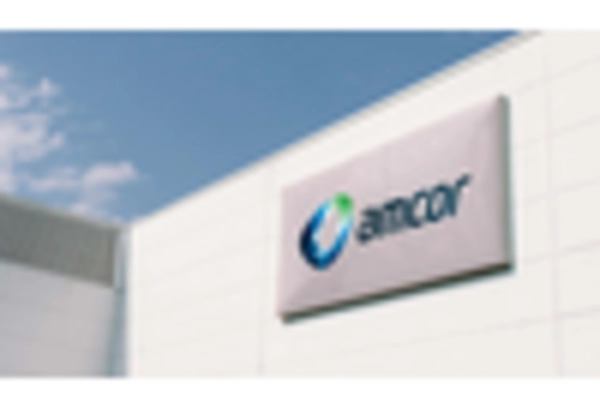
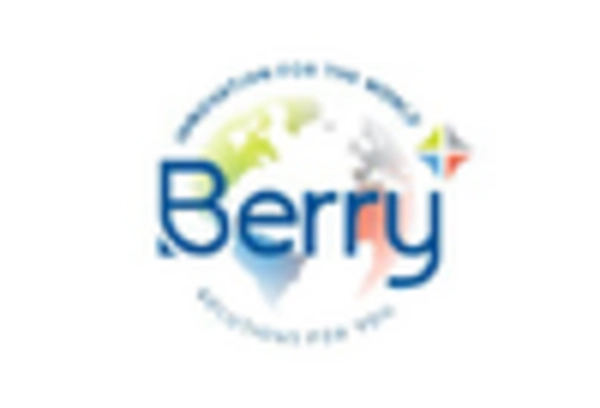
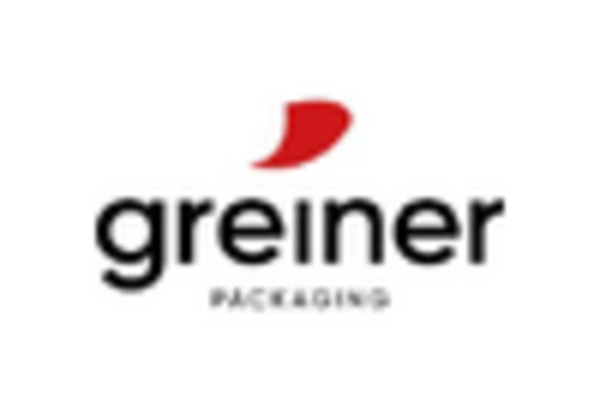
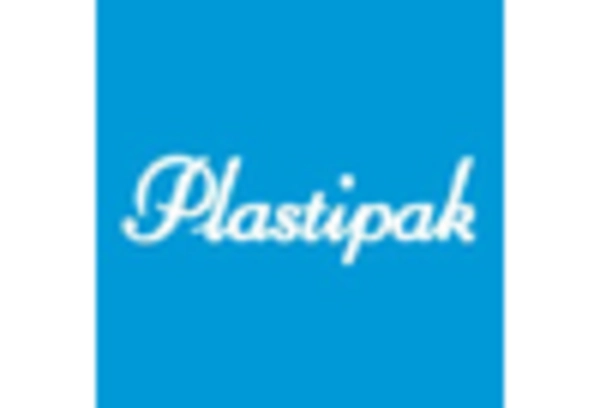
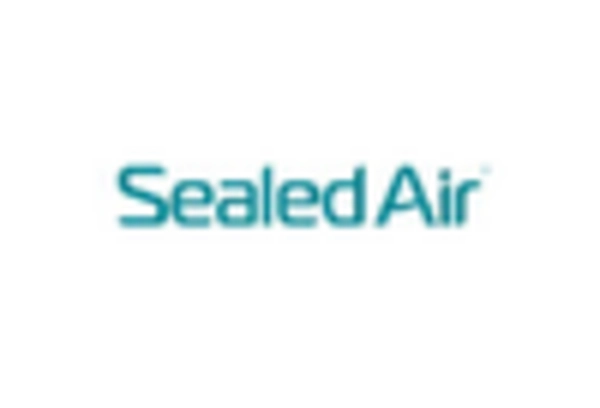
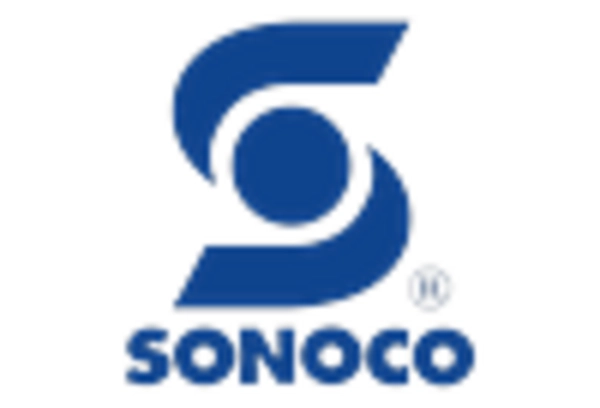










Leave a Comment